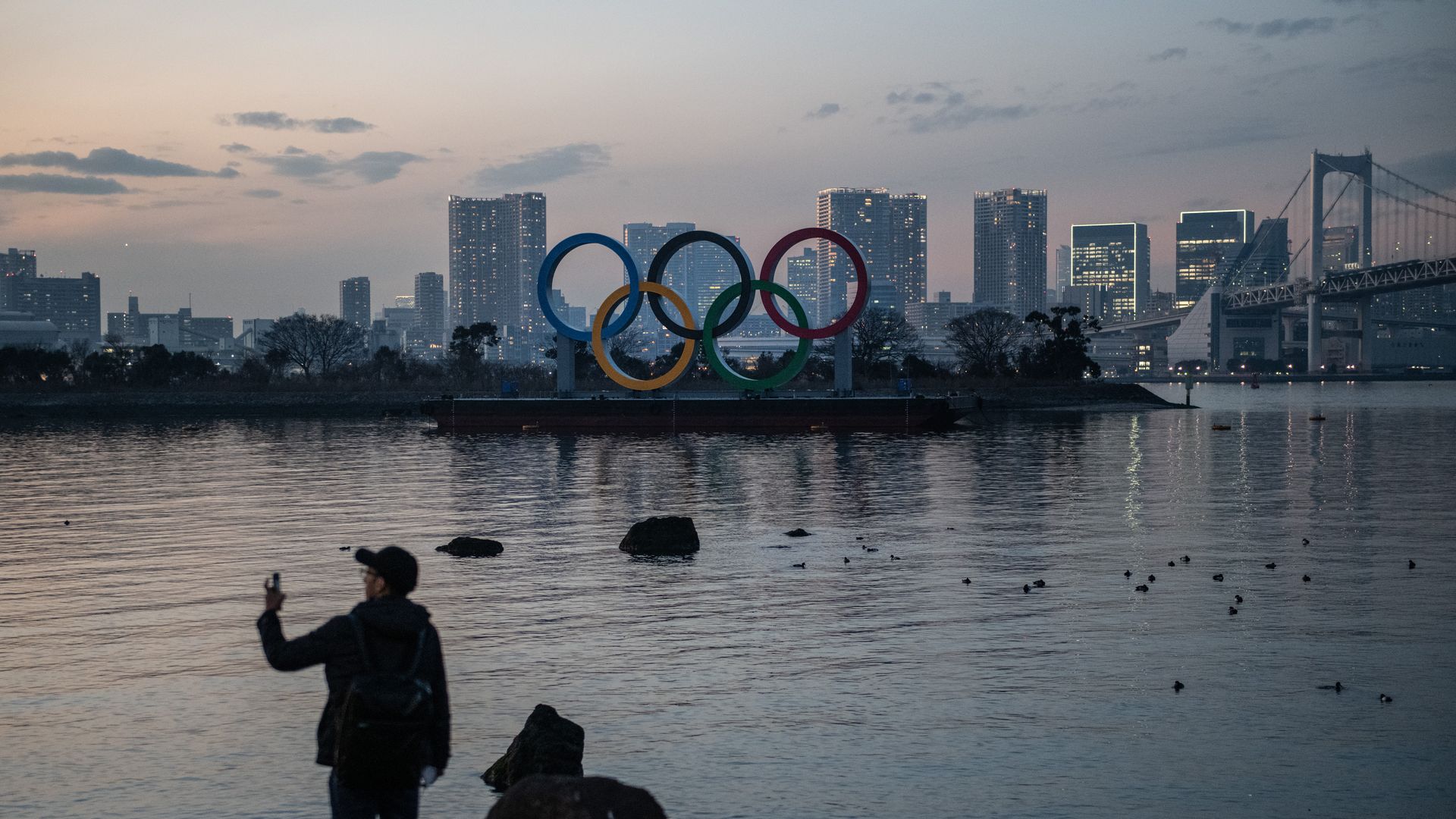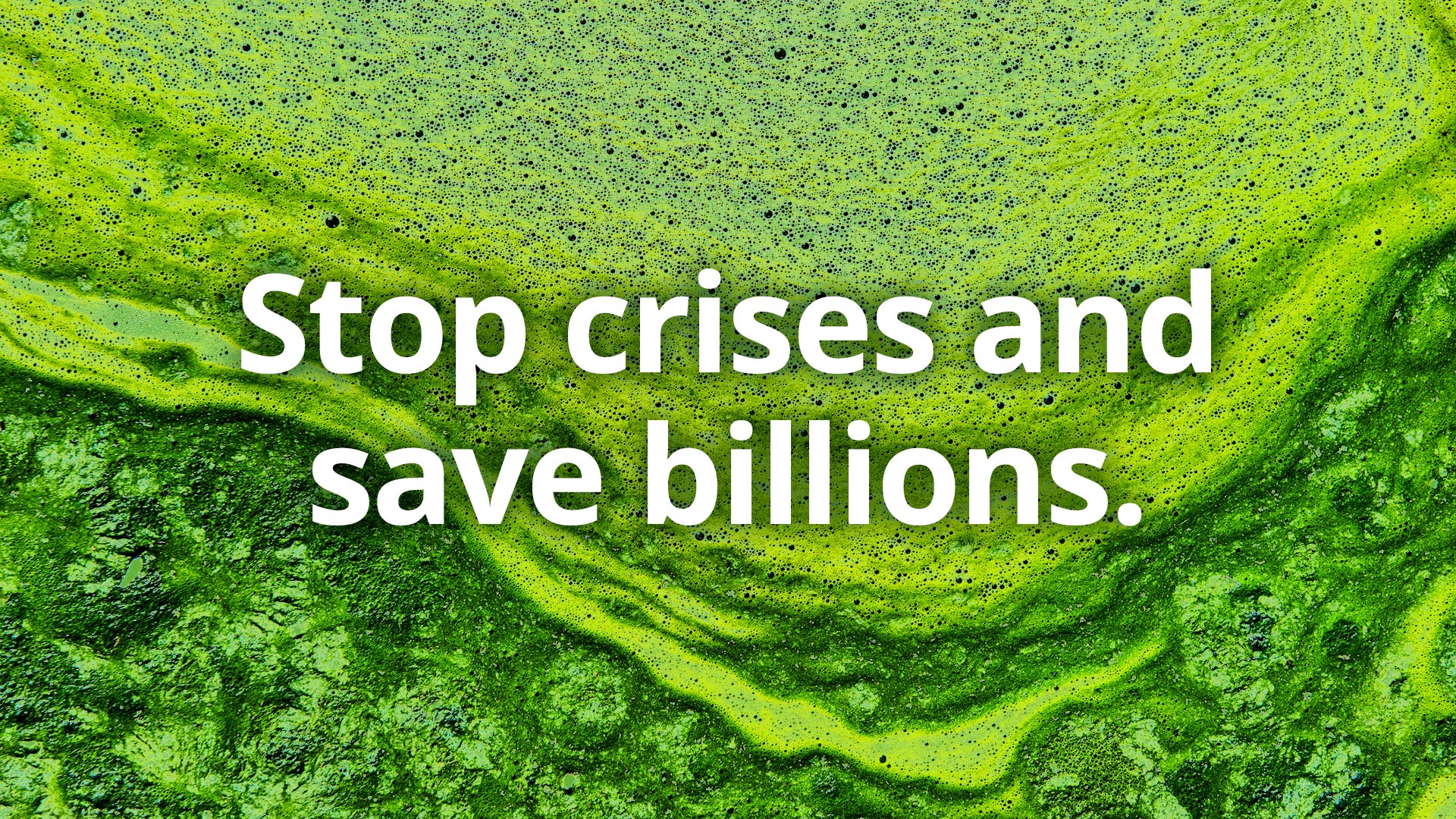| | | | | | | Presented By OurCrowd | | | | Axios World | | By Dave Lawler ·Jan 28, 2021 | | Welcome back to Axios World. - We've got a lot of ground to cover tonight, starting with the global tussle for vaccines (1,765 words, 6½). Thanks for joining me, please subscribe if you haven't yet.
- We're back: "Axios on HBO" returns this Sunday, Jan. 31, at 6pm ET/PT on all HBO platforms. Watch the trailer.
Situational awareness: President Biden is expected to announce Rob Malley as his special envoy for Iran as soon as tomorrow (Reuters). | | | | | | 1 big thing: The long global line for COVID-19 vaccines |  | | | Illustration: Eniola Odetunde/Axios | | | | There's a wild scramble at the front of the line for COVID-19 vaccines, with the EU discussing export bans and legal action to ensure its supply speeds up in the coming months. Meanwhile, the back of the line likely stretches to 2023 and beyond. Almost no low-income countries have managed to begin distribution in earnest, and total vaccinations in all of continental sub-Saharan Africa currently number in the dozens. Driving the news: The EU is expected to approve a third vaccine tomorrow, from AstraZeneca. But European leaders are furious that initial supplies will be far lower than anticipated. - The EU is now pressuring the Anglo-Swedish firm to supply it with doses produced in the U.K. — which had a deal in place earlier — to make up for the shortfall.
- The EU has managed to vaccinate just 2% of its collective population to date, vs. 11% in the U.K. Shortages have forced Madrid to pause distribution, and Paris is set to follow suit.
- Brussels is considering export bans on doses produced in the EU, including the Pfizer/BioNTech vaccine.
The state of play: The fact that rich countries are not only buying up most of the supply of approved vaccines but also struggling to roll them out efficiently bodes ill for the countries left waiting further behind. - Some are paying a premium in smaller-scale bilateral deals, often for vaccines from China and Russia.
- The Economist Intelligence Unit (EIU) projects that vaccines will only be widely available in the world's wealthiest countries this year, while many others (Brazil, India, Egypt) will reach widespread vaccination next year, and most low-income countries will wait until 2023 or beyond.
What they're saying: "What we are seeing now globally is not what we had hoped for," says Matshidiso Moeti, regional director for WHO Africa. - "It would be deeply unjust if the most vulnerable Africans were forced to wait for vaccines while lower-risk subgroups in wealthier countries are made safe," she said.
- Barry Bloom, a professor of public health at Harvard, puts it more bluntly: "Right now, it is the law of the jungle."
African health authorities are hoping vaccine distribution will begin across the continent in March, initially with the roughly 3 million doses needed to cover medical workers. - The urgency is only growing as case counts rise on the continent and new variants spread. "The second wave is here with vengeance and our systems are overwhelmed," said John Nkengasong, director of the African CDC.
- The global COVAX initiative hopes to cover 20% of the population of every country by the end of 2021, and the African Union is attempting to supplement that with additional orders.
- If all of those pieces fall into place, the WHO says 30–35% of Africans could be vaccinated by the end of the year.
What to watch: "In order to be successful, we need to achieve a 60% target within two years. If we do not do that, COVID becomes endemic on the continent," Nkengasong told reporters on Wednesday. - The flipside: Anthony Fauci has set a target of 70–85% in the U.S. by this summer.
- By the numbers: The U.S., EU, U.K. and Canada have purchased at least a combined 2.5 billion doses, enough to vaccinate all of their residents (with two doses where necessary) and still have around 1 billion left over.
The bottom line: The outlook in wealthy countries depends in part on what happens in poorer ones, as new variants of the virus originating anywhere in the world could ultimately cause fresh international outbreaks. - "We're in an arms race, except it's not an arms race, it's a race between vaccination and mutation," Israeli Prime Minister Benjamin Netanyahu said this week at the virtual Davos Agenda conference.
|     | | | | | | Part II: Sharing the wealth |  Data: Our World in Data; Chart: Axios Visuals Israel, which has sprinted out ahead of the rest of the world in terms of vaccinations, is also on course to have millions of excess doses. - The government plans to cover Israel's citizens and then "see what we can do for our immediate neighbors," the health minister told the FT.
- Israel has been criticized for declining to provide vaccines to Palestinians living in the occupied territories, even as it has vaccinated Jewish settlers there.
Countries on the periphery of the EU are also hoping to access leftover doses. - Ukraine, for example, has thus far only managed to sign a relatively small deal for a Chinese vaccine of questionable efficacy.
- The country is otherwise dependent on COVAX and whatever arrangements it can reach with European producers and governments.
- The EIU puts Ukraine among the countries likely to be waiting until 2023 for widespread coverage, along with parts of South Asia, Central and South America, and nearly all of sub-Saharan Africa.
Canada has secured more doses relative to its population than any other country, and it's pledged to donate those it doesn't need to COVAX. - But Prime Minister Justin Trudeau — even as he emphasizes "equitable distribution" — has declined to say whether any donations will be made before Canada has vaccinated its entire population.
Meanwhile, President Biden has raised the hopes of global health experts and the WHO by revising Donald Trump's decision to reject COVAX. - Bloom calls that a "major new factor," though Biden has yet to make any specific commitments in terms of doses or funding.
- He hopes world leaders will see the current squabble in Europe as an indication that a centralized, equitable structure is needed for global distribution. But, he adds, "I'm not optimistic."
Go deeper: Israel's COVID crisis deepens even as the vaccination rate climbs |     | | | | | | 3. Global news roundup |  | | | Protesting in Warsaw. Photo: Wojtek Radwanski/AFP via Getty | | | | Africa 1. The Prime Minister of the Democratic Republic of the Congo was ousted on Wednesday amid a power struggle between President Felix Tshisekedi and his powerful predecessor, Joseph Kabila. 2. Eritrean troops have committed atrocities during the fighting in the neighboring Ethiopian region of Tigray, AP reports based on eyewitness interviews. - The State Department has called on Eritrean troops to leave Tigray. The Ethiopian government, which launched an offensive last November to put down a rebellion by local leaders, denies any Eritreans are in Tigray at all.
Asia 3. A spokesperson from China's Foreign Ministry issued a particularly stark statement today on Taiwan, the self-governing island claimed by Beijing, saying, Taiwan "independence means war." 4. U.S. climate envoy John Kerry said Wednesday that the U.S. must deal with China on climate change as a "critical standalone issue," set apart from disputes over issues like human rights. 5. Vietnamese state media published and then removed reports on Wednesday that Prime Minister Nguyen Phu Trong had been nominated for a third term, per Reuters. - That would break with the Communist Party's custom and age limits.
Middle East 6. The incoming Biden administration is reviewing a number of Trump's policies, including the current troop levels in Afghanistan and Iraq as well as arms sales to Saudi Arabia and UAE. - Secretary of State Tony Blinken framed the pausing of two large arms deals as the normal procedure for a new administration, but it signals a clear shift from Trump's embrace of the Gulf countries.
7. The Biden administration laid out its policies on the Israeli-Palestinian conflict this week and stressed its intention to renew ties with the Palestinian Authority. 8. Sudan wants to seal its normalization deal with Israel with a summit at Biden's White House, Axios' Barak Ravid scoops. Europe 9. Mass protests have greeted the implementation on Wednesday of a near-total abortion ban in Poland. Worth noting: Former Secretary of State Mike Pompeo will stay in D.C. and join the Hudson Institute, Axios' Hans Nichols scoops. Go deeper: Biden sets his sights on China |     | | | | | | A message from OurCrowd | | Proven tech could save governments billions fighting harmful algae | | |  | | | | Exponentially growing toxic algae blooms are poisoning water supplies globally and causing humanitarian crises. BlueGreen's Technology has been proven across five continents to eliminate toxic algae. Now, you can invest. Explore BlueGreen's ability to save our drinking water. | | | | | | 4. Data du jour: Arab countries prefer China to U.S. |  | | | Anti-government protests in Algeria last March. Photo: Billal Bensalem/NurPhoto via Getty | | | | The latest Arab Barometer survey of six Arab countries — Algeria, Jordan, Lebanon, Libya, Morocco and Tunisia — finds significantly higher favorability ratings for China (median of 47%) than for the U.S. (23%). - The U.S. also lags behind Russia (40%), Turkey (54%) and Saudi Arabia (36%) and is roughly on par with Iran (25%).
Between the lines: The polling was conducted in October (prior to the U.S. elections). - While Biden was viewed far more positively than Trump, respondents generally didn't anticipate major changes in U.S. foreign policy either way.
Yes, but: Asked about infrastructure investments in their countries and given a choice of partners, respondents were more likely to pick Germany or France than China or the U.S. Robbins said that could be an indication the U.S. should attempt to partner with Europe in the region. More key findings: - Asked about the greatest external threat to their country's stability, respondents everywhere but Lebanon were more likely to choose the U.S. than Iran.
- The normalization of relations with Israel by the UAE and Bahrain was approved by less than 10% of the populations in each country but Lebanon (21%).
- Robbins said the general favorability toward China seems to be based less on a sense that China is an ideal partner than on the fact that China isn't currently viewed as a threat.
|     | | | | | | 5. The megacities are growing |  Data: Macrotrends; Map: Andrew Witherspoon/Axios Places with more than 10 million residents — known as megacities — are becoming more common as people from rural areas migrate to urban ones, Axios' Jennifer Kingston writes. Why it matters: The benefits of megacities — which include opportunities for upward mobility and higher wages — can be offset by their negatives, like the fact that they're breeding grounds for COVID-19. Go deeper |     | | | | | | 6. What I'm reading: Made in Amer-iopia |  | | | Addis Ababa. Photo: Edwin Remsberg/VWPics/Universal Images via Getty | | | | Americans visiting Addis Ababa might see some familiar(ish) brands, from In-N-Out Burger to KKFC to coffee shops with a very recognizable green logo, Samuel Getachew writes for The Africa Report. Yes, but: They have nothing to do with their American counterparts — and that's a growing problem as Ethiopia seeks membership in the World Trade Organization. - "There is a tendency to trust international brands over locals," a shop owner tells Getachew. "I always prefer buying products, local or Chinese made and tagging international brands since customers prefer them no matter the quality of those made locally."
- "Even items we import from China, we place American brands on them."
What to watch: "With Ethiopia resuming WTO accession negotiations after an eight-year pause, brand piracy is expected to play a dominant role in the negotiations," Getachew writes. |     | | | | | | 7. Stories we're watching |  | | | Photo: Carl Court/Getty Images | | | - Indian police fire tear gas at rallying farmers
- Biden holds first phone call with Putin, raises Navalny arrest
- Biden rescinds anti-abortion "global gag rule"
- Netanyahu doesn't want a fight with Biden over Iran — yet
- North Korean hackers targeted U.S. security researchers
- Anti-curfew protesters clash with police in Netherlands
- Global poll: Most see climate change as emergency
Quoted: "Mr. Biden is dealing with a tough situation with the coronavirus. But if he makes a positive statement about the Olympics going ahead, we'd gain strong momentum." |     | | | | | | A message from OurCrowd | | BlueGreen's innovative tech could prevent environmental disaster | | |  | | | | Toxic algae blooms are expanding rapidly, poisoning our drinking water and causing billions in damage. BlueGreen Water Technologies has been proven in reservoirs, lakes and rivers across five continents to eliminate toxic algae. Invest early as BlueGreen helps save our drinking water. | | | | | | Axios thanks our partners for supporting our newsletters.
Sponsorship has no influence on editorial content. Axios, 3100 Clarendon Blvd, Suite 1300, Arlington VA 22201 | | | You received this email because you signed up for newsletters from Axios.
Change your preferences or unsubscribe here. | | | Was this email forwarded to you?
Sign up now to get Axios in your inbox. | | | | Follow Axios on social media:    | | | | | |











No comments:
Post a Comment